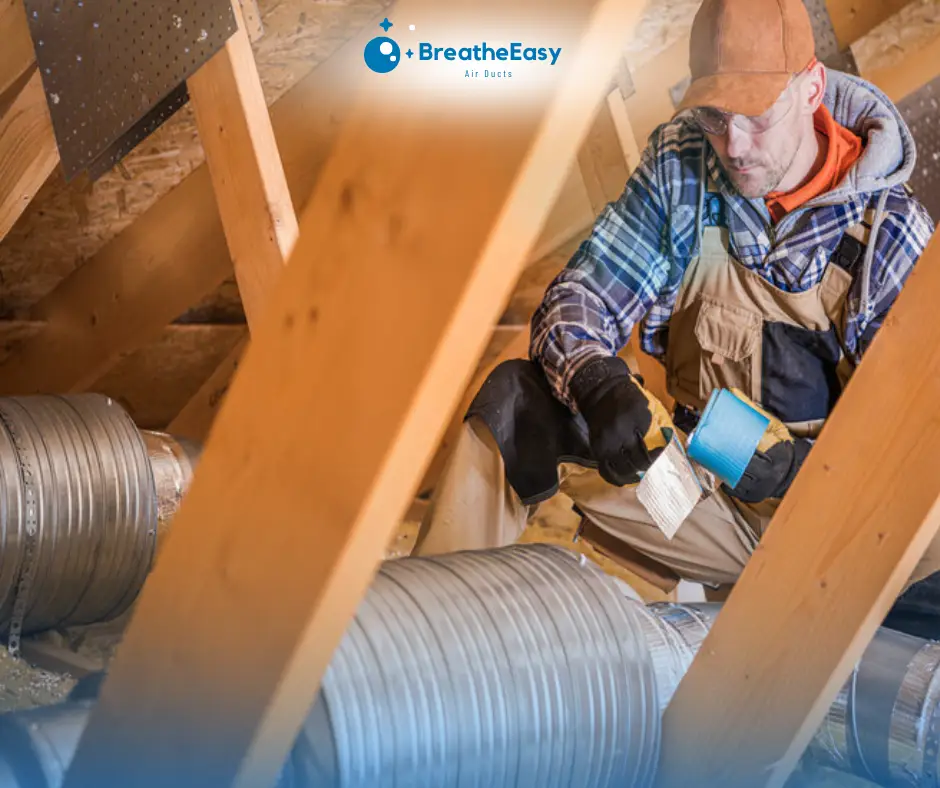
Duct systems are critical for maintaining indoor comfort and energy efficiency. However, seasonal temperature changes can strain ducts, leading to air leaks that affect system performance. Addressing these issues promptly with professional air duct repair can prevent further damage and maintain optimal efficiency. Understanding how temperature fluctuations contribute to leaks and their impact helps ensure the longevity of your HVAC system.
The Impact of Temperature Fluctuations on Ductwork
Seasonal temperature changes cause materials in duct systems to expand and contract. During warmer months, duct materials may expand due to heat, while in colder months, they contract. This constant cycle of expansion and contraction weakens the integrity of joints and seals over time, creating gaps where air can escape.
Older ducts are especially vulnerable, as the cumulative effect of temperature changes exacerbates existing wear and tear. Additionally, extreme temperature differences between conditioned air inside the ducts and unconditioned spaces where ducts are located, such as attics or basements, amplify stress on the system, further increasing the risk of leaks.
Recognizing Signs of Temperature-Related Air Leaks
Seasonal air leaks often manifest in noticeable ways. Uneven heating or cooling throughout the home is a common symptom, as leaking ducts struggle to maintain consistent airflow. Another indicator is an unexpected rise in energy bills, as your HVAC system works harder to compensate for lost air.
Audible signs like rattling or hissing sounds during operation may also signal leaks caused by temperature stress. Visual inspections can reveal separated joints or sagging sections in ductwork, particularly after periods of extreme weather. Increased dust accumulation near vents can further indicate leaks, as unfiltered air is drawn into the system.
Addressing Air Leaks with Professional Air Duct Repair
Air duct repair is essential for mitigating the effects of seasonal temperature changes on duct systems. Professionals use advanced diagnostic tools, such as thermal imaging and duct pressure testing, to identify areas compromised by temperature fluctuations. Repairs focus on resealing joints, reinforcing connections, and replacing severely damaged sections to restore system integrity.
Preventive measures, like adding insulation around ducts in unconditioned spaces, can reduce the impact of seasonal temperature changes. Regular inspections and maintenance help identify early signs of stress, ensuring timely intervention before leaks escalate. By addressing these issues, air duct repair not only restores efficiency but also enhances indoor air quality and reduces energy consumption.
How Poor Duct Installation Can Lead to Air Leaks That Need Repair
